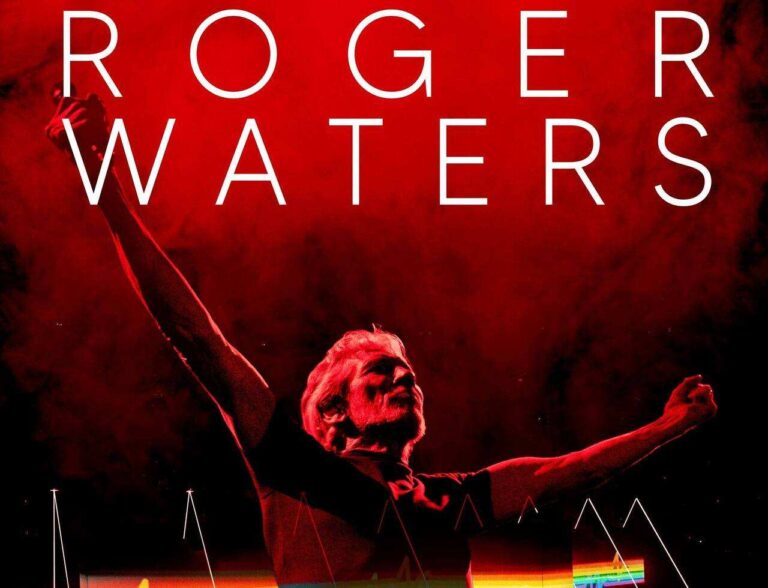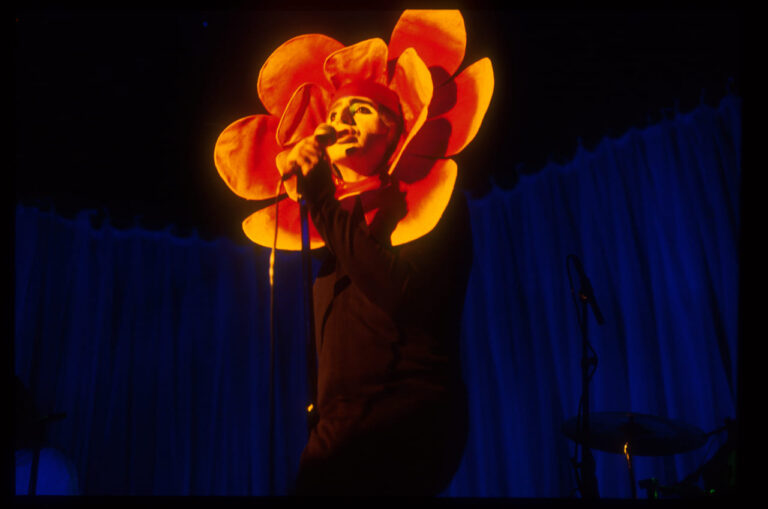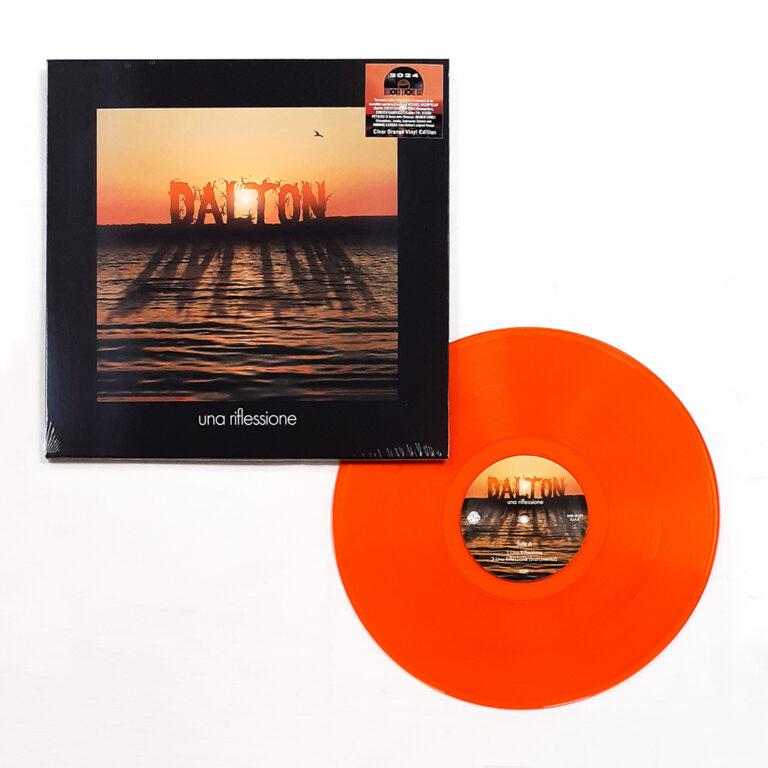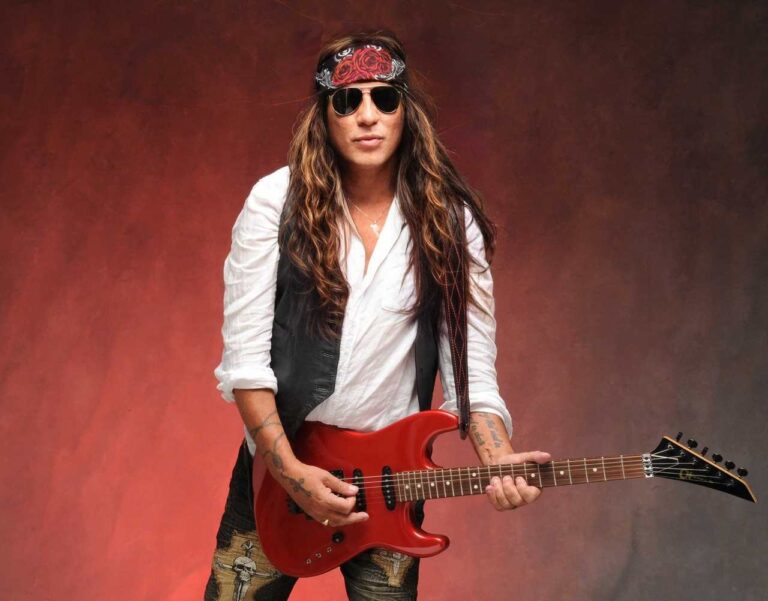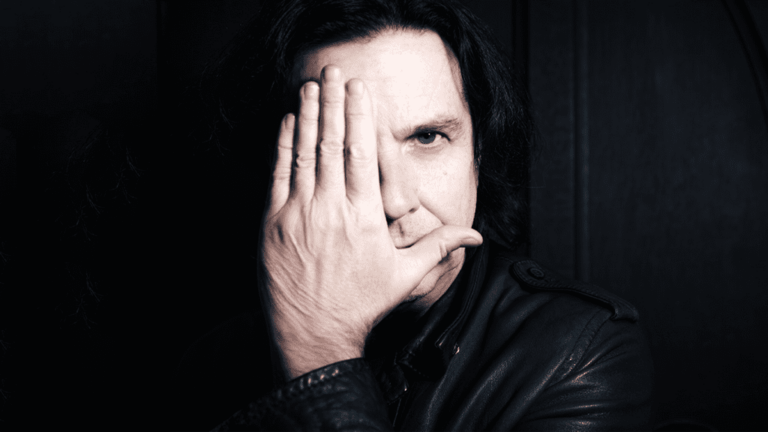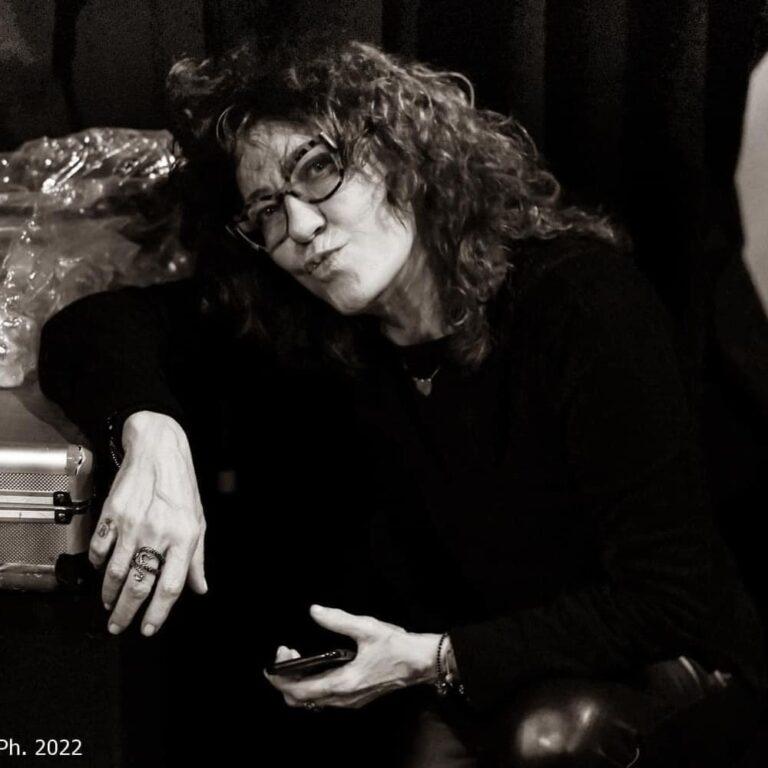Marc Turiaux degli RPWL: i miei eroi alla batteria e le mie influenze musicali
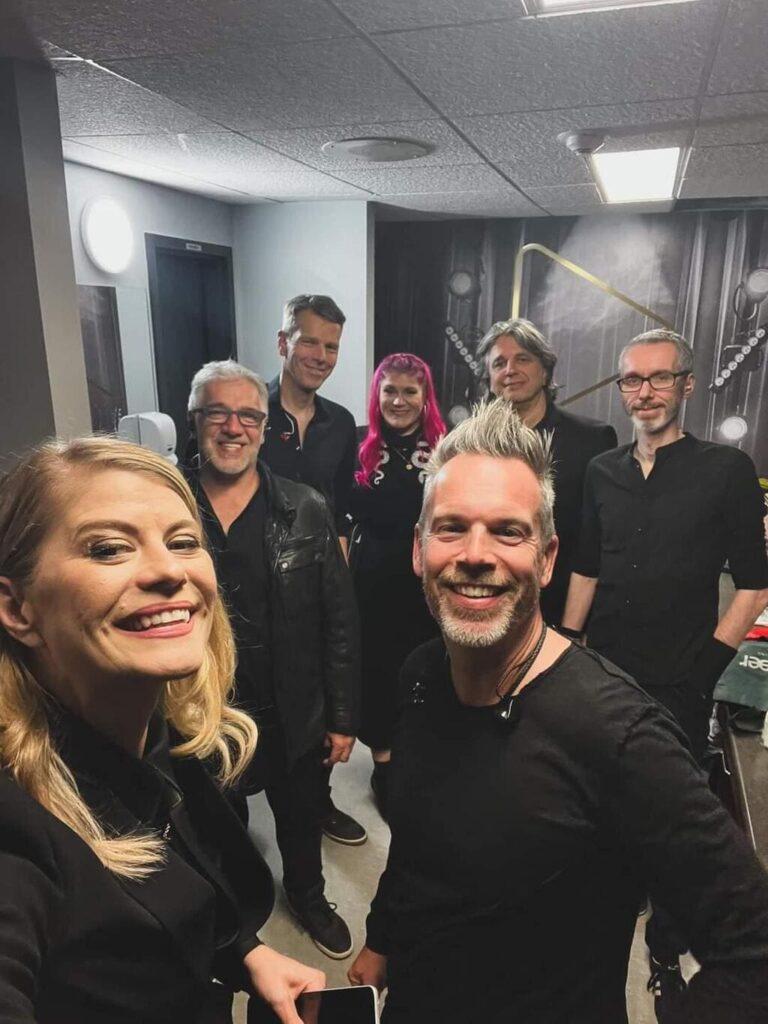
Marc Turiaux degli RPWL, i suoi eroi alla batteria e le sue principali influenze musicali
Non ricordo cosa mi abbia inizialmente colpito della batteria. Forse il semplice fatto che fosse uno strumento che suonava ed appariva come un drum set. So di esserne stato affascinato da quando ero molto piccolo, addirittura prima degli anni di cui io abbia coscienti ricordi. Posso soltanto immaginare che deve essere stato per caso che ho visto qualcuno suonare la chitarra e ho deciso che volevo fare la stessa cosa. Questo probabilmente accade a chiunque decida di prendere in mano uno strumento. Oppure cominciare a praticare uno sport tipo afferrare per la prima volta una racchetta da tennis.
Le influenze degli esordi
Guardando al passato penso che ci siano stati alcuni batteristi che mi hanno influenzato ai miei esordi. Musicisti che hanno forgiato la mia idea di quello che la batteria dovrebbe essere e di come dovesse suonare all’interno di una band. Tutto è cominciato anche prima che io stesso cominciassi a suonare. Ricordo di aver riscoperto della musica che ascoltavo da ragazzino negli anni recenti, quando già suonavo ed avevo una migliore concezione di quello che accadeva. Ed improvvisamente potevo apprezzare in maniera conscia ciò che avevo ascoltato in passato. Da bambino ho ascoltato tantissima musica e sono certo di aver assorbito influenze di stili differenti che facevano parte di quel mix.
Alla scoperta di Stewart Copeland dei Police
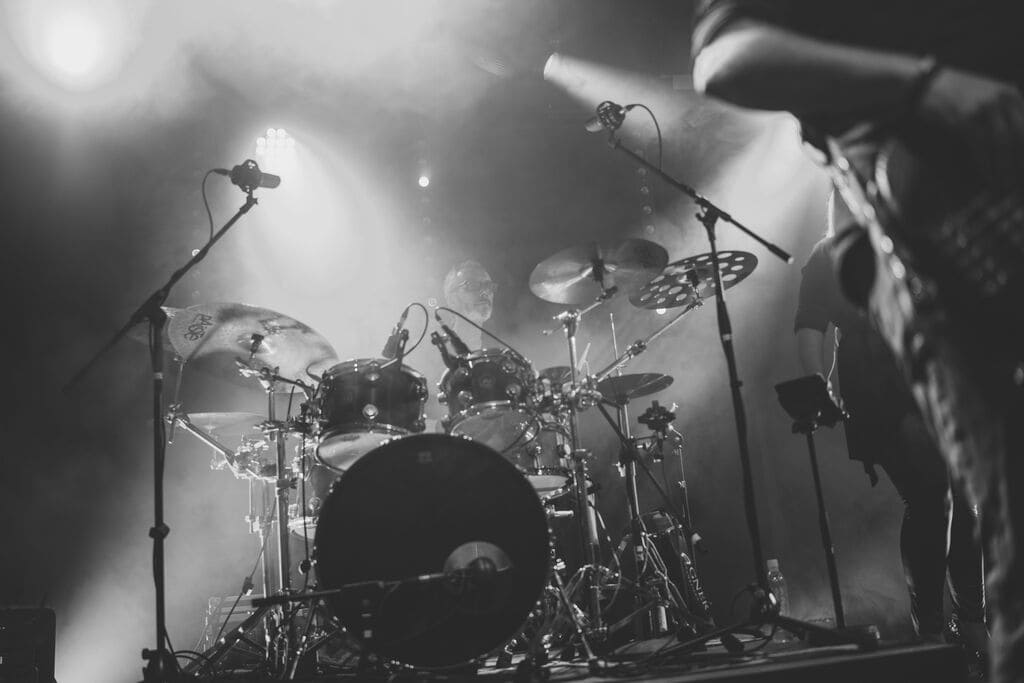
Quindi, per rispondere alla classica domanda “Quali sono i tuoi eroi?’. Oppure “Qual è la tua maggiore influenza?”, devo partire da quelle degli inizi. Cronologicamente penso che il primo batterista che mi abbia impressionato in modo particolare sia stato Stewart Copeland. Ascoltavo i Police ancora prima di iniziare a suonare la batteria e già ne ero affascinato. Amavo quella musica e la batteria era così presente con i vari membri che definivano il sound della band così bene. Recentemente ho visto un’intervista a Mr.
Copeland e ovviamente alcune di quelle parti di drums erano inventate al momento, qualche volta anche senza che lui sapesse qual era l’arrangiamento del brano. Questo è assolutamente incredibile. Quelle parti sono divenute iconiche e ancora oggi legioni di batteristi cantano quei fills. Inoltre, Mr. Copeland in una recente intervista ha detto che lui suona sempre soltanto un fill (lo snare fill alla fine di “Every Little Thing She Does Is Magic”. I batteristi sanno di quale sto parlando. Il resto è sempre improvvisato. Praticamente un grande genio musicale al lavoro.
Un grande fan dei Rush e di Neil Peart
Ho cominciato a suonare la batteria quando avevo 13 anni ed ho rifinito i primi passi del mio imparare lo strumento alcuni anni dopo. Naturalmente ho cominciato ad ascoltare più coscientemente quello che la batteria contava all’interno di un brano musicale. Ho anche sviluppato i miei gusti musicali riguardo il rock contemporaneo. Quel momento è stato quando ho scoperto i Rush e Neil Peart. Ovviamente sono diventato un loro fan ed ho ascoltato tutto quello che la band abbia mai registrato (lo faccio ancora oggi, comunque). Ma qui non si trattava solo di drumming. I Rush probabilmente sono l’unica band della quale io sono un grande fan. Le parti di drums di Neil Peart sono talmente elaborate, con così tanti dettagli ma allo stesso tempo sono al servizio della canzone e dello stile di musica.
I Rush erano davvero potenti ed avevano una forte attitudine rock. La combinazione di un songwriting intricato ed ambizioso e l’approccio heavy rock erano qualcosa che prima non avevo mai ascoltato. Questa cosa mi colpiva in modo importante. Io ero un ragazzo della media borghesia, cresciuto nei sobborghi di Monaco. Non ero esattamente un tipo ribelle, così Keith Monn non era il mio modello. Mr. Peart lo era, e per molto di più che soltanto il suo drumming. Il suo impegno nel cercare di fare il suo meglio in tutto per me è sempre stata una fonte di ispirazione. Devo a lui anche il mio momento preferito di batteria in assoluto. E’ l’ultimo fill alla fine di “Red Barchetta” dei Rush, giusto dopo l’ultima linea vocale. L’energia e l’euforia di quel fill non ha mai smesso di farmi singhiozzare.
L’arrivo di Dave Weckl nella vita musicale di Marc Turiaux
Negli anni che seguirono divenni sempre più serio riguardo lo studio della batteria. Conseguentemente, cercai di mettere insieme altre influenze musicali. Volevo imparare tutto quello che potevo riguardo stili e approcci dfferenti. Credo che in quel serio Dave Weckl apparve sulle scene e per me cambiò tutto. Il suo modo di tenere il tempo, la fluidità, la sua eccellenza tecnica e la sua accuratezza erano incredibili. Letteralmente non avevo mai ascoltato niente di simile prima. Ricordo di aver ascoltato le sue registrazioni con la Chick Corea Electric Band e più di una volta ho pensato che il suo modo di suonare fosse perfetto. Come quel feeling che senti quando in una discussione qualcuno dice esattamente quello che tu stavi per dire.
La stima per Vinnie Colaiuta
Nella stessa categoria c’è anche, naturalmente, Vinnie Colaiuta. Lo scoprii attraverso il suo lavoro in studio per svariati artisti. Alcune canzoni che sentii si fissarono nella mia mente e quando volli capire perché questo accadesse, venne fuori che era il modo di suonare di Mr. Colaiuta a fare la differenza. “First We Take Manhattan” di Jennifer Warnes è stata una di quelle canzoni. Ancora oggi penso che “The Hounds of Winter” da “Mercury’s Falling” di Sting sia una delle track di drums meglio registrate. L’orchestrazione, l’esecuzione, il gusto, tutto davvero eccezionale. Vinnie Colaiuta è sempre unico. La sua comprensione di questo mestiere non ha simili e qualche lampadina mi si accende sempre quando ascolto le sue interviste.
Gavin Harrison un batterista moderno
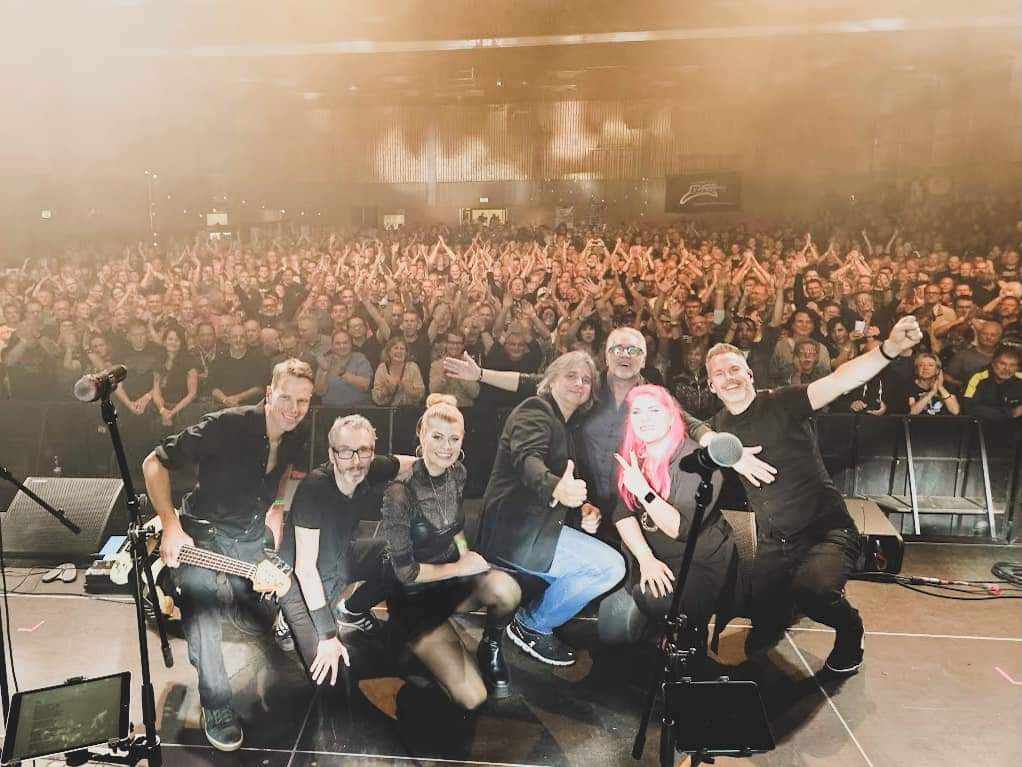
Nei tempi recenti ho ascolto molto Gavin Harrison. Secondo me, lui è uno dei migliori batteristi di oggi. La sua scelta riguardo cosa suonare è talmente musicale che va oltre al semplice saper tenere il ritmo. Il suo stile è sempre riconoscibile nel miglior modo possibile. Inoltre lui fa sembrare tutto facilissimo e semplice da realizzare, senza sforzo. Ed ha quell’approccio rock che io amo cosi tanto.
Marc Turiaux e la sua scelta biografica
Ho suonato tanti stili differenti durante la mia carriera. Da musica improvvisa ad avatgarde rock fino alle Big Band Jazz. Ho imparato tanto da molti batteristi che suonano questi generi musicali. Sono davvero troppi per poterli nominare tutti. Mel Lewis, come batterista di Big Band, è uno di questi. Così come il batterista jazz Jack DeJohnette, Elvin Jones e Bill Stewart. Oggigiorno ci sono così tanti favolosi batteristi che mi sembra sbagliato lasciarne alcuni fuori. Non dovrei neppure dimenticare tutti i miei insegnanti degli inizi. Ognuno di loro ha lasciato un marchio nella mia personalità musicale. Di conseguenza la mia scelta è assolutamente personale. Ho menzionato alcuni batteristi semplicemente perché hanno forgiato la mia personale idea di come la batteria dovrebbe suonare. E’ quindi una scelta biografica, niente altro!
My drum heroes and my musical influences

I can’t remember what made me aware of the drums; of the mere fact that there was an instrument out there that looked and sounded like a drum set. I know that I was fascinated by it from a very early age, even back to the years of my first conscious memories. I can only assume that there must have been an incident when I saw somebody play and somehow I decided that I wanted to try that as well. That probably happens to every person picking up an instrument – or starting a sport and grabbing up a tennis racket for the first time.
The influences of the beginning
Looking back I think that there were indeed a few influential drummers in my early years, who shaped my idea of what the drums are about and how they could sound within a band. It all started even before I began to play myself. I remember re-discovering some of the music I used to listen to as a kid in later years, when I was playing myself and had a better understanding of what was going on. And suddenly I could appreciate consciously what I had been listening to. I was exposed to a lot of music when I was a child, and I’m sure I picked up things from all the different styles that were in that mix.
So, to answer the classic question of “Who are your heroes? Who was your biggest influence?”, I have to start at those very early years.
Stewart Copeland one of Marc’s first heroes

I think chronologically the first drummer that made a lasting impression on me was Stewart Copeland. I was listening to The Police even before I started to play the drums, and already then I was fascinated. I loved the music and the drums were so present and they defined so much of the band’s sound. I recently saw a few interviews with Mr.
Copeland and obviously a few of these drum parts were made up on the spot, sometimes even without him knowing how the arrangement was. That is absolutely incredible, those parts turned out iconic and even today legions of drummers can sing every fill. Yet Mr. Copeland recently said in an interview that he only plays one fill always like on the record (the snare fill at the end of “Every Little Thing She Does Is Magic” – the drummers know which one!). The rest is always improvised. So much musical genius at work.
A big fan of Rush and Neil Peart
I started drumming when I was 13 years old, and after I had mastered the first few steps of learning to play the instrument a few years later, of course I started to listen more consciously to what the drums were all about in the music. I also developed my musical tastes for contemporary rock music – and that was when I discovered Rush and Neil Peart. Needless to say I became a fan and listened to everything the band ever recorded (still to this day, by the way). But here it was not only the drumming, it is probably the only band that I am a true fan of. Neil Peart’s drum parts were so elaborate, with so many details, but at the same time always serving the song and the style of music.
And they were powerful, delivered with a strong rock attitude. The combination of intricate, ambitious songwriting and heavy rock approach was something I had not heard before. That really spoke to me. I was a middle class kid, growing up in the outskirts of Munich. I wasn’t exactly rebellious, so Keith Moon was not a role model for me. Mr. Peart was, and for much more than his drumming alone. His dedication to try to be the best he could in everything he did was always inspiring. I also owe to him my favourite drumming moment ever – which is the last fill at the end of Rush’s “Red Barchetta”, right after the last vocal line. The energy and elation of that fill never ceases to give me goosebumps.
Dave Weckl one of Marc Turiaux’s favourite musicians
In the years that followed I became more and more serious with the drums. Consequently, I tried to pick up other influences; I wanted to learn everything I could about different styles and approaches. I think during that time, Dave Weckl appeared on the drumming scene and changed the game for me. His timing, flow, technical excellence and accuracy were incredible. I had literally never seen or heard anything like that before. I remember listening to his recordings with the Chick Corea Electric Band and more than once I thought that his playing was just perfect – like that same feeling you get when in a discussion someone else says exactly the thing you want to say.
The respect for Vinnie Colaiuta
In that same category falls (of course) Vinnie Colaiuta. I discovered him through his studio work for different artists. Some songs I heard just stuck in my head and when I wanted to find out why that happened, it often turned out that it was Mr. Colaiuta’s playing that made the difference. “First We Take Manhattan“ by Jennifer Warnes was one of the first of those songs, and to this day I think “The Hounds of Winter” from Sting’s “Mercury Falling” album is one of the best recorded drum tracks ever. Orchestration, execution, taste, it’s just out of this world. Vinnie Colaitua is always unique, his understanding of the craft is unparalleled and I have had quite a few lightbulb moments even listening to his interviews.
Gavin Harrison a modern drummer
In recent years I listened a lot to Gavin Harrison. To me he is one of “the“ drummers of today. His choice of what to play is so musical, it goes way beyond timekeeping only. His style is always recognizable in the best possible way, yet he makes everything sound so effortless and smooth. And he has that rock approach that I love.
Marc Turiaux and his biographical choice
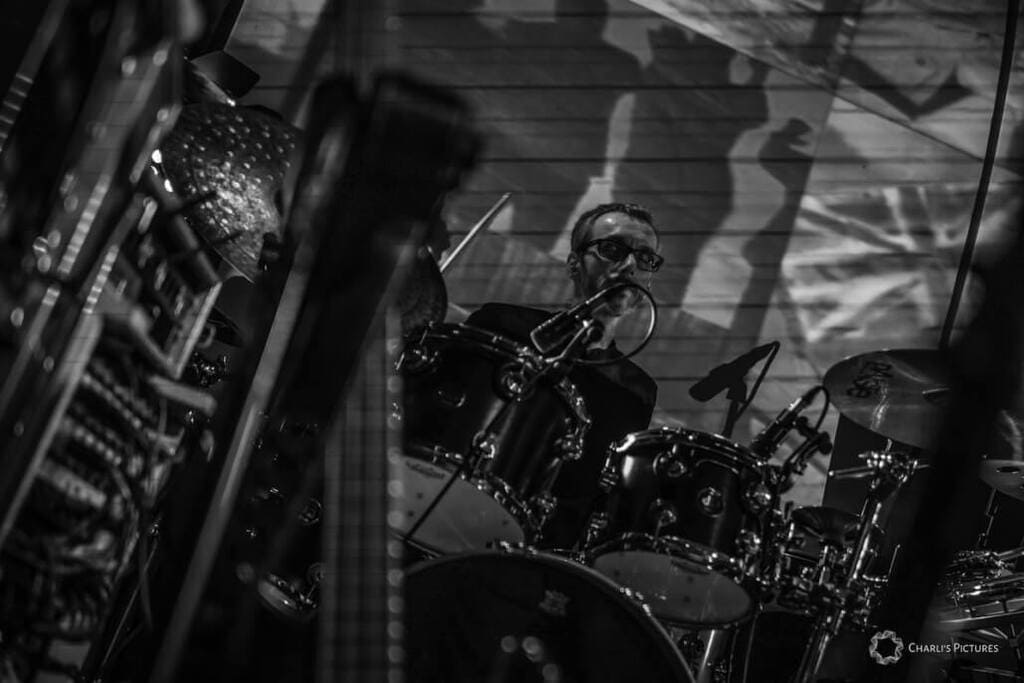
I have played a lot of different styles in my career, from improvised music to avantgarde rock to Big Band jazz. I learned a lot from drummers in all those genres; there are just too many to mention. Mel Lewis as a Big Band drummer is one of them, also the jazz drummers Jack DeJohnette, Elvin Jones and Bill Stewart. There are so many great players nowadays, it feels wrong to leave all of them out. I also should not forget all my teachers from the very beginning; everyone left their mark in my musical personality. Thus my choice is absolutely personal and I picked the ones I mentioned strictly because they have shaped my very own idea of what the drums in a song should sound like. It’s a biographical choice, nothing else!
LEGGI ANCHE
- Intervista a Jan-Vincent Velazco: dai Pendragon agli Esprit D’Air il suo drumming innovativo
- The Loop: il nuovo album di The Danse Society
- Remedy: la rock band svedese pubblica l’album “Pleasure Beats the Pain”. Intervista al leader Roland “Rolli” Forsman
- Anthony Phillips: “Private Parts & Pieces XII The Golden Hour scala le classifiche
- Tears For Fears: In Uscita Domani il Primo Album Live Ufficiale “Songs
- Big Big Train: arriva il cd Ingenious Devices e il tour europeo
- RPWL: prog rock in tour per Crime Scene
- Mirko De Maio: il ritmo dei The Flower Kings
- Anthony Phillips: la chitarra che ha fatto la storia del rock
- Diego Banchero: il basso virtuoso de Il Segno del Comando e Diego Banchero Trio
Offerte Di Amazon Prime
- ★ Bassi Profondi e Suono Coinvolgente: I nostri...
- Cassa Bluetooth Potente. Suono incredibile,...
- 2025 Nuova Tecnologia Bluetooth 5.4: Cuffie...
- SUONO DI ALTA QUALITÀ, SU MISURA PER TE: queste...





































